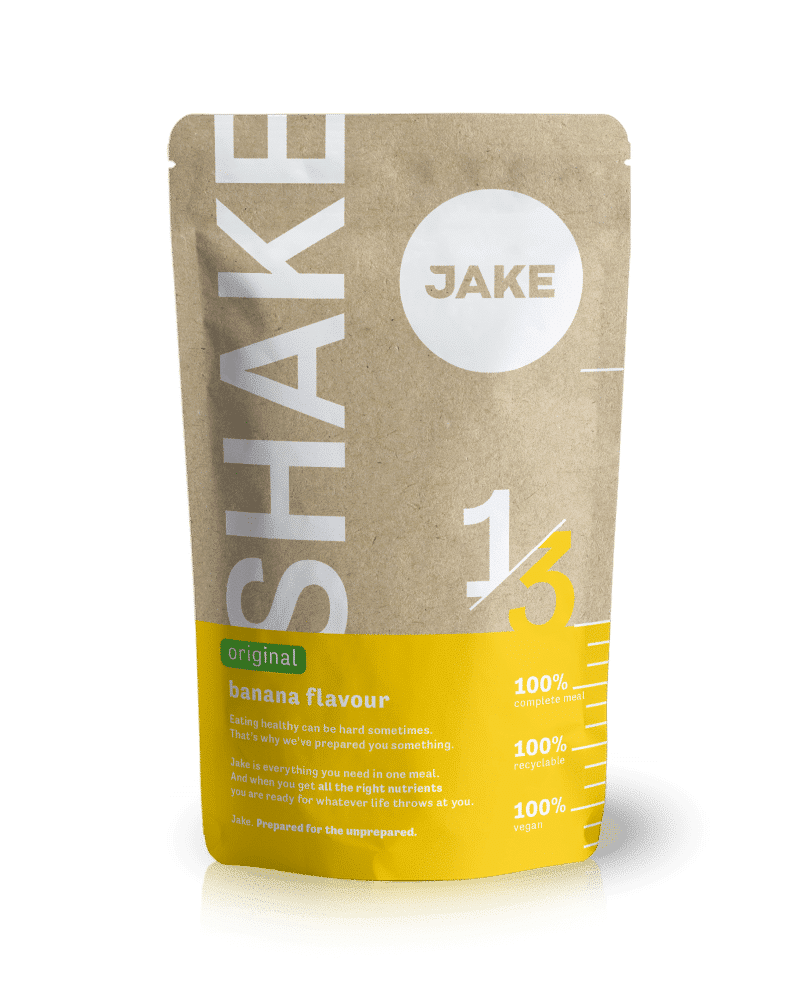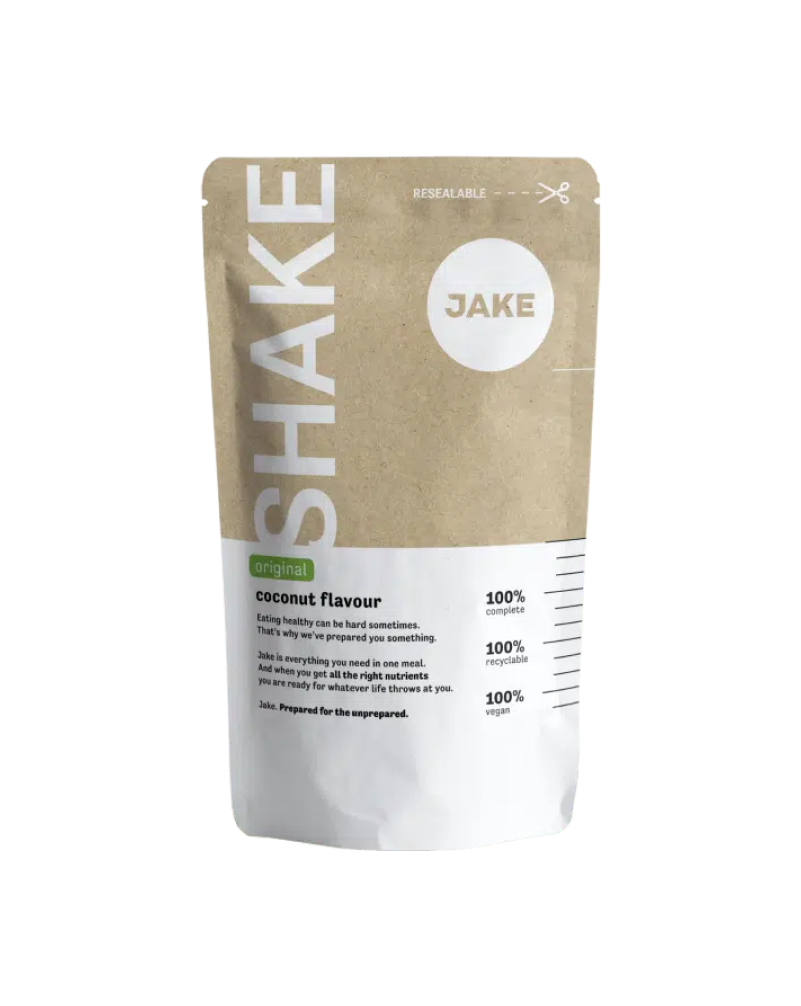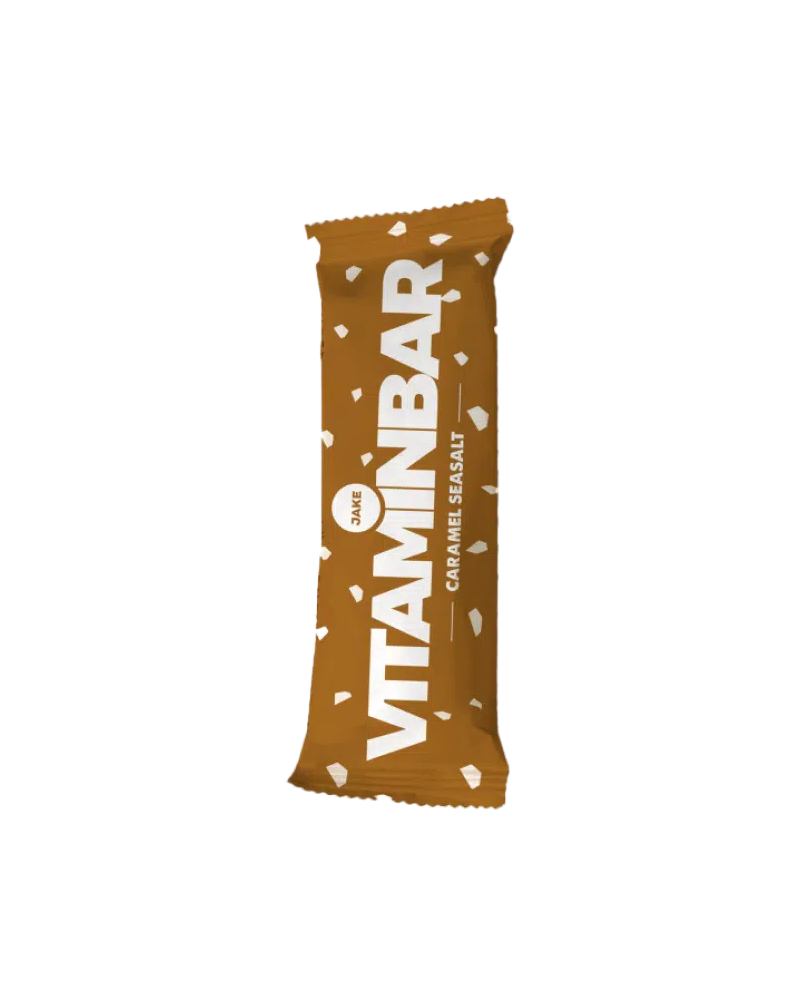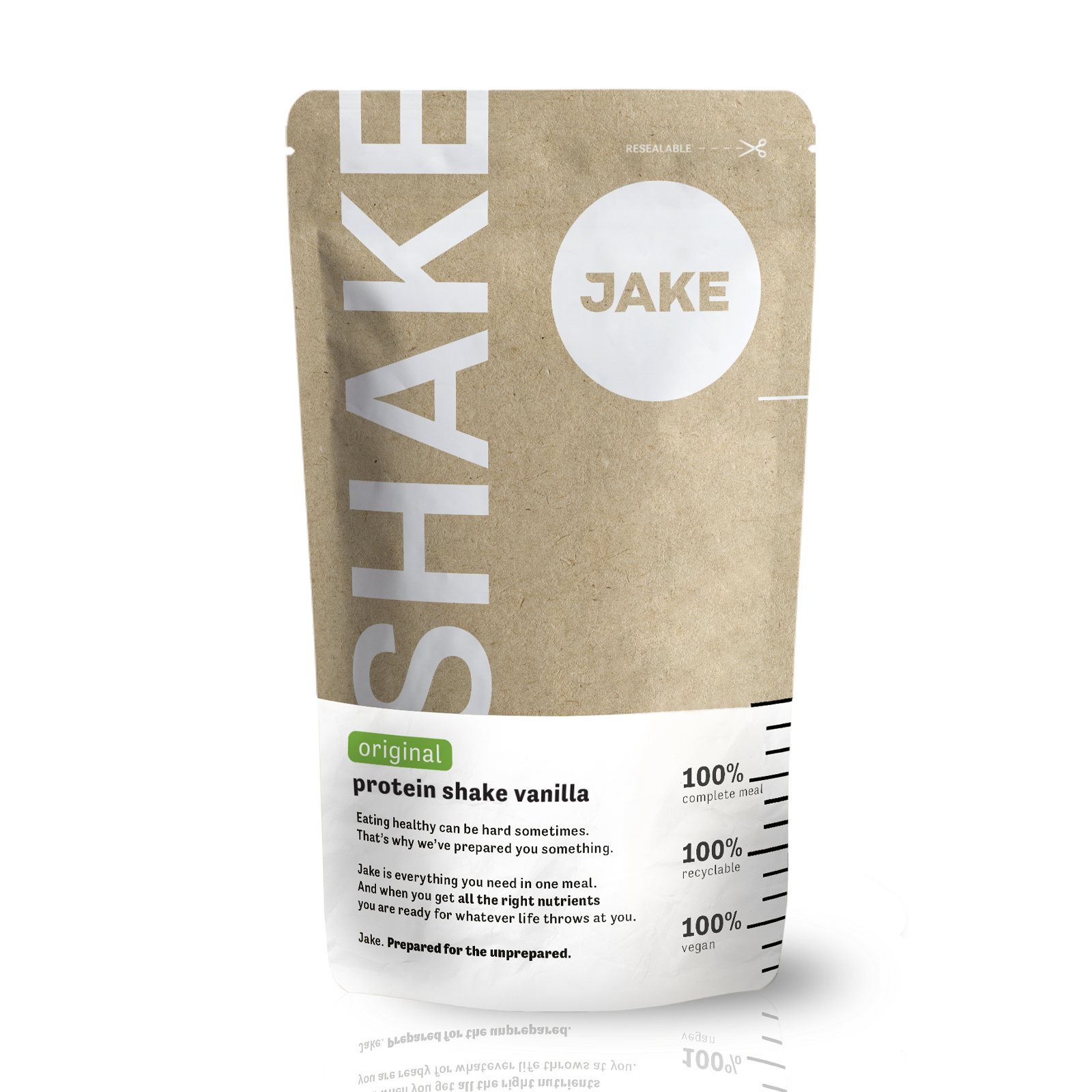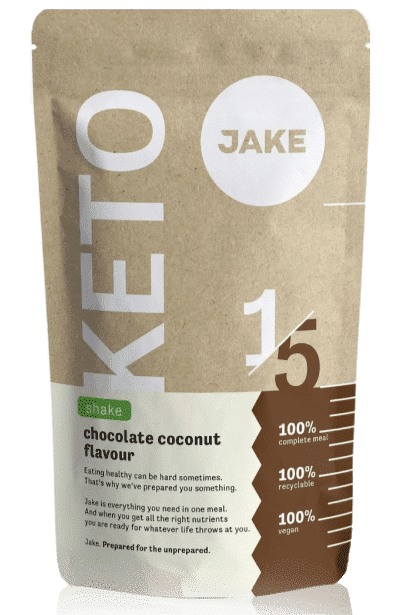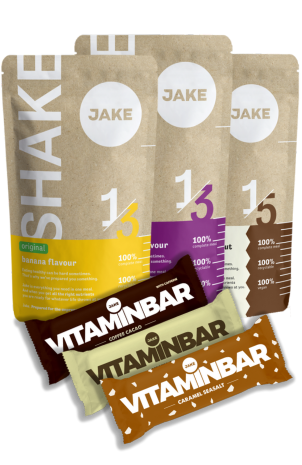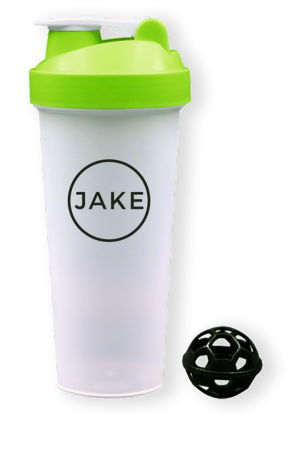5-minute read•July 9th, 2018
Potassium is a wizard of contrasts. As a pure element, it just can’t sit still, reacting violently with water and oxygen. As a nutrient, however, it’s maintaining the balance of fluids in your body and keeping your blood pressure in check. Love it or hate it, you need potassium in your life. Let’s take a look at what you need to know about it.
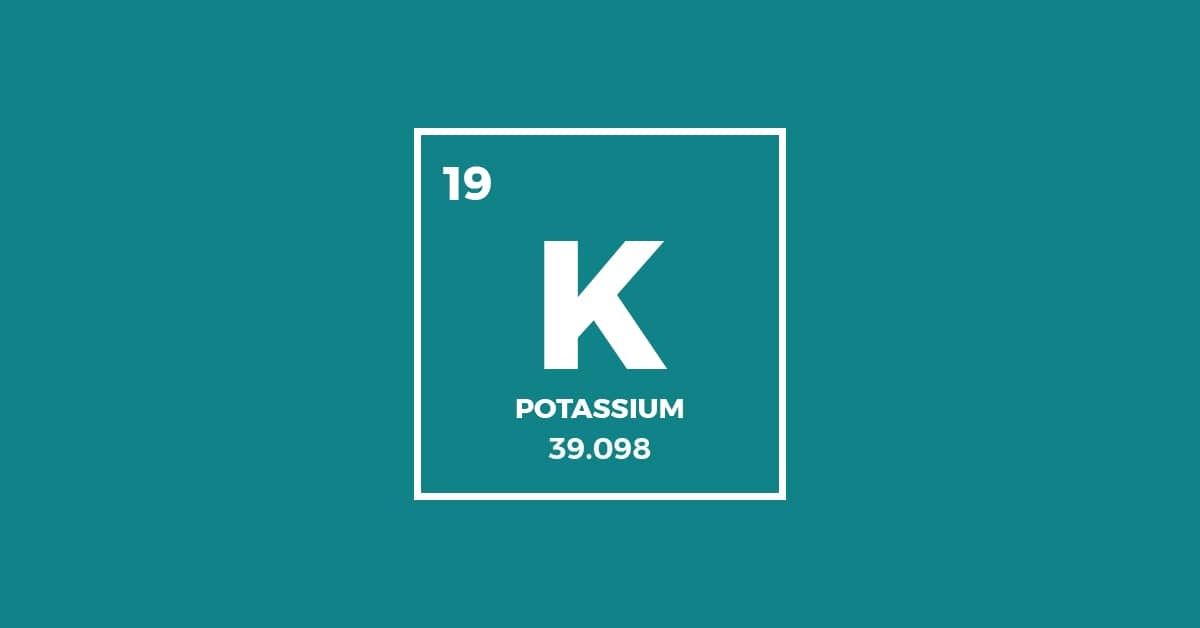
Short on time?
Best known for: Keeping blood pressure in check.
Good sources: Present in most foods. The richest potassium sources are fruits (yes, including bananas), vegetables, legumes and potatoes. You can also find potassium in meat, fish and dairy products.
Adequate intake (AI): 3.5 g/day. No maximum intake limit has been established.
Good to know: Based on currently available data, even small increases in potassium intake might have a protective effect against stroke.
Potassium in Jake:
Jake Light and Original: 33% of AI
Jake Sports: 25% of AI
Vitaminbars: 25-26% of AI
What is potassium?
Potassium is one of the most abundant electrolytesAn electrolyte is a substance that dissociates into charged particles, ions, in solution. This enables it to conduct electricity. in your body. It is present in all body tissues, as well as in some proteins and enzymes. An average adult has around 140 grams of potassium in their body. Most of it is stored within your cells, but there is also some in your blood.
The concentration of potassium in your blood is stable under normal circumstances and is not immediately affected by fluctuations in your potassium intake. Only specific conditions like diarrhea, vomiting and kidney diseases lead to abnormal potassium levels in the blood.
Health benefits of potassium
The key functions of potassium are:
- Important for normal muscle function
- Keeping blood pressure in check: Sodium can accumulate in the blood, causing increased pressure on blood vessels, whereas potassium can reverse this effect and help lead sodium out of the body, bringing blood pressure back to normal.
- Has a positive influence on the functioning of the nervous system
Potassium may have a protective effect against stroke.Source: The Journal of the American Medical Association Some research on the topic shows that even a small increase in daily potassium intake, such as three additional servings of fruits and vegetables, can reduce risk of stroke by 22%. Further research is needed to make a stronger claim about potassium as a tool for stroke prevention.
How much potassium do you need?
Healthy adults need 3.5 g of potassium per day.This amount reflects the adequate intake (AI) set by the European Food Safety Authority (EFSA). That’s about eight bananas.
Potassium in foods
You can find potassium in a variety of foods from plant and animal origin. The richest sources of potassium are fruits such as bananas, vegetables, legumes and potatoes. Dairy products, meat, fish and nuts can also get you the potassium you need.
Here are the best sources of potassium:
| Food | AI (%)* | Potassium (mg) |
|---|---|---|
| Banana (one, medium) | 12% | 422 |
| Lentils, cooked (200 g) | 21% | 731 |
| Potato, baked (one, medium) | 17% | 610 |
| Salmon, cooked (85 g) | 9% | 326 |
| Beef sirloin, grilled (85 g) | 9% | 315 |
* Based on the adequate intake (AI) established by EFSA for healthy adults (3.5 g/day)
What if you’re not getting enough potassium?
A potassium deficiency, or hypokalemia, is one of the most common water-electrolyte imbalances. It affects about 20% of hospital patients and is still common among children in developing countries.
Hypokalemia very rarely occurs as a result of poor nutrition alone. It’s more commonly a consequence of diarrhea, vomiting or other conditions associated with excessive potassium excretion.
Mild hypokalemia can cause high blood pressure, an increased risk of kidney stones and accelerated calcium excretion.
Severe hypokalemia is associated with muscular paralysis, poor respiration and cardiac arrhythmias, which can also be life-threatening.
Bananas are radioactive! They contain potassium and something like 0.012% of potassium’s atoms are radioactive. This means that they release beta and gamma radiation when they decay. However, there’s no reason to panic! To get a radiation poisoning, you’d need to eat 10 million bananas in one go or 274 bananas per day for seven years.
Also, radiation is a normal fact of life. Our whole world is composed of atoms, some of which are radioactive. After all, even your body contains potassium, if you know what we mean.
How much potassium is too much?
It’s very unlikely to consume a harmful dose of potassium from food alone. Any excess amounts you ingest will leave your body through your kidneys. However, if your kidney function is impaired or if you consume excessive amounts of potassium supplements at once (over 18 g per day), that can cause problems.
No tolerable upper intake limit (UL) has been set for potassium. Long-term supplementation of about 3 g per day next to normal potassium intake from food has been shown to have no negative effects. Some reports suggest that potassium supplementation of more than 5g per day may compromise heart function.
Take-aways
These are the three key things to keep in mind about potassium:
- Potassium keeps your blood pressure in control and ensures smooth nerve signaling.
- You can find potassium in almost all foods, the best sources being fruits, vegetables, legumes and potatoes. Meat, milk and fish can also help you get the potassium you need.
Afraid to miss out on essential nutrients your body needs? You can always take our Jake meal replacement shakes or one of our delicious meal replacement bars.
